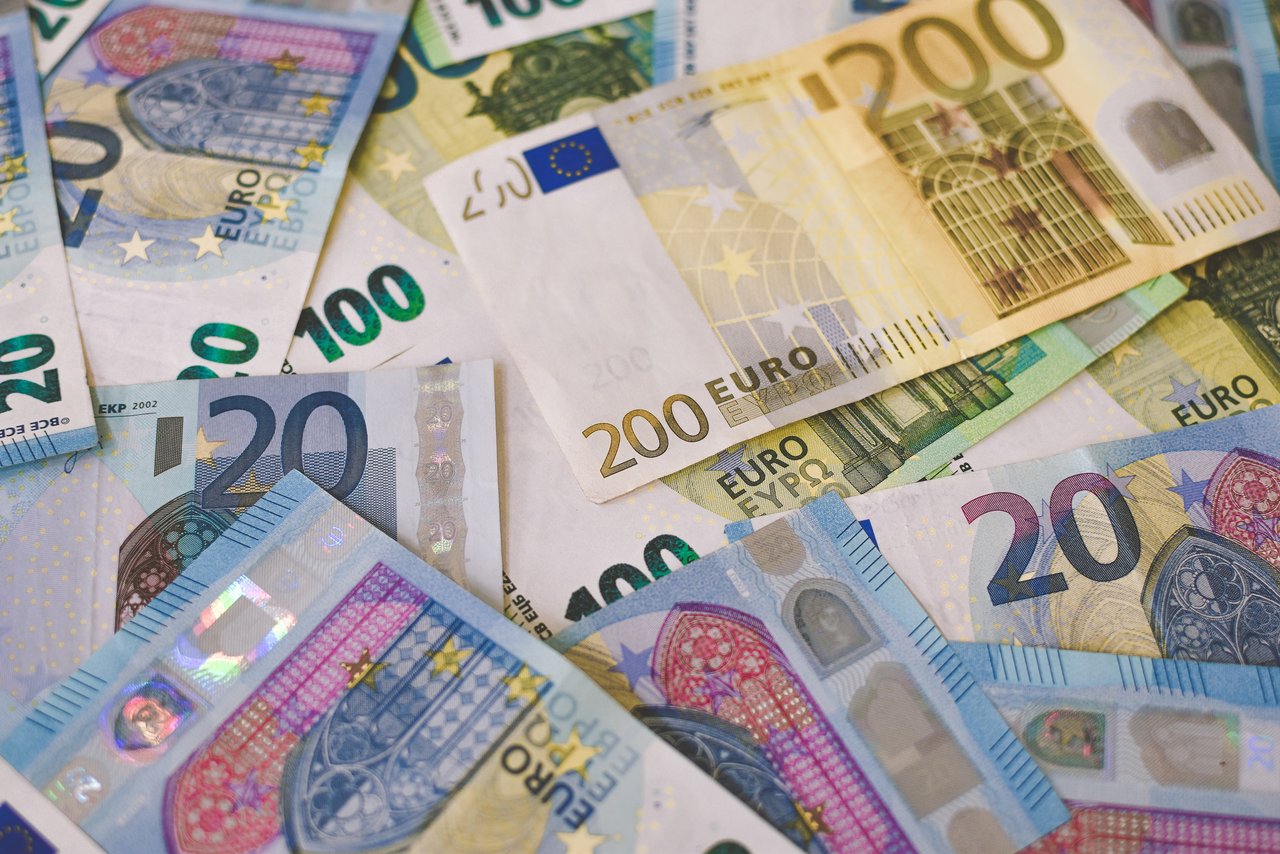
The tax tricks of the super rich
How millionaires legally save tens of thousands of euros
Germany, the land of poets and thinkers, is the world champion in one undesirable area: the tax and contribution burden. Only in Belgium do employees pay more. Initiatives for tax justice complain that incomes are taxed unfairly and wealth too low. The super-rich cleverly avoid high taxes by diverting their income to tax havens and not paying it out. This blog post reveals the three main tricks the rich use to save millions in taxes.
Trick number 1: Wealth is in own company
To save on taxes, super-rich people often invest their wealth in their own companies or foundations. This has the advantage that they are only taxed on profits and not on income. These companies are often referred to as "piggy banks" because they offer the opportunity to reduce expenses related to the profit motive. This means that the tax burden is considerably lower than for private individuals. However, setting up a limited liability company requires significant costs that not everyone can afford, and the bureaucratic burden is higher than in private life.
Trick number 2: Income is made more expensive through companies
Another strategy of the super-rich is to generate income through companies. For example, profits from stock sales can be shifted to asset management companies. This results in taxes on the first euro, but the overall tax burden is only 1.54 percent, in contrast to almost 30 percent for individuals. Profits from companies are also taxed at around 30 percent, while income tax for individuals is progressive, meaning that higher incomes pay higher taxes, but only up to a certain limit.
This creates incentives for reinvestment, as confirmed by a study by the Institute for Economics 2021. The richest one percent of Germans have 56 to 65 percent of their wealth invested in companies.
Trick number 3: Asset-managing companies in tax havens
Many super-rich steer their profits through tax havens such as Ireland or Luxembourg, where corporate profits are either taxed at a lower rate than in Germany or not taxed at all. Interestingly, these tax havens do not necessarily have to be located abroad, as some German cities such as Zossen, Grünwald, Walldorf or Maiz levy significantly lower trade tax rates than the national average.
It should be noted, however, that the introduction of a global minimum tax could significantly limit the legality and benefits of these practices for the super-rich.
The tax tricks of the super-rich may be legal, but they have significant social and economic implications. While ordinary workers in Germany pay high taxes and social security contributions, the super-rich use these loopholes to significantly reduce their contribution. The debate about tax fairness and closing these loopholes is certainly an issue that will continue to occupy society.

